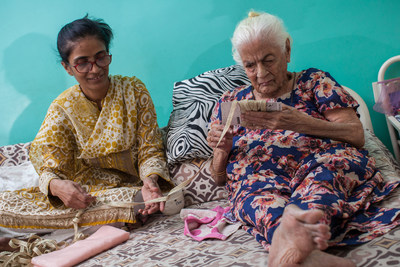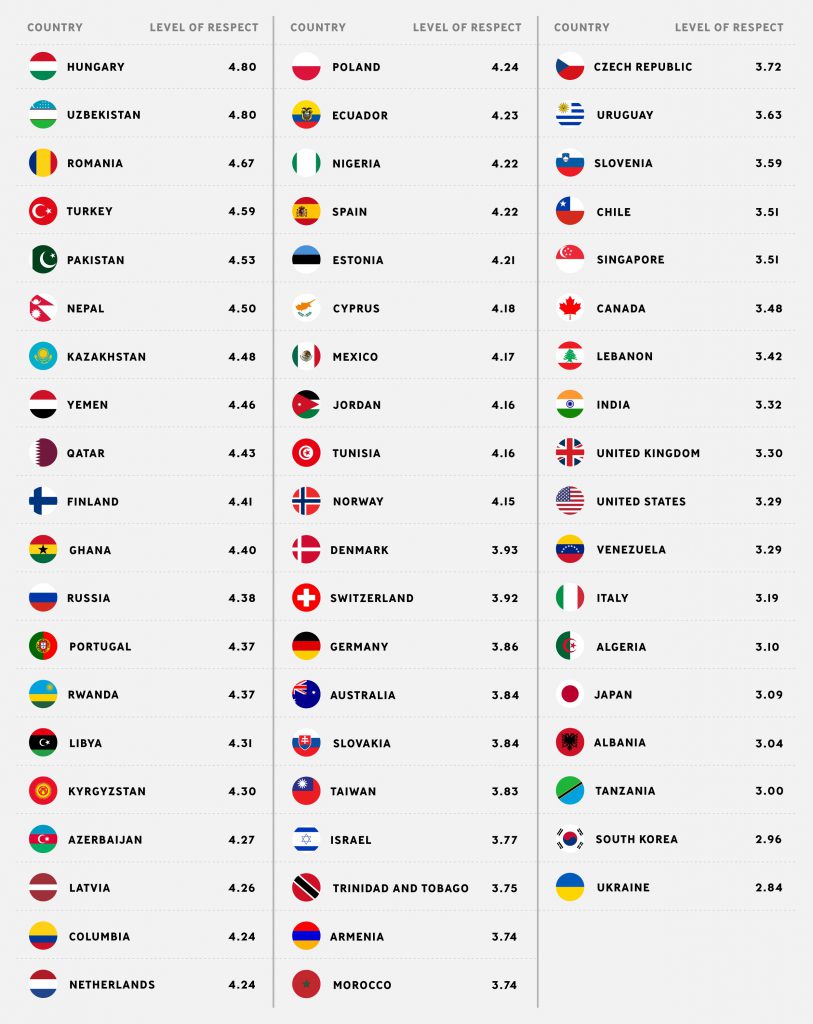Age well
Your view of old age can determine how well you age and how long you live.

Karachi, Pakistan: Mehrunnisa Iqbal Vertejee says it is important that she takes care of her mother-in-law, Sherbanoo Vertejee, 86, to show her children to respect older people. Credit: Asim Hafeez for Orb Media.
There is a strong connection between how we view old age and how well we age, explained Orb Media, a non-profit journalism organisation which recently collected and analysed a body of scientific research and global data. It shared that individuals with a positive attitude towards old age are likely to live longer and in better health than those with a negative attitude. And those with a negative view of ageing are more likely to suffer a heart attack, a stroke or die several years sooner.
Also, older people in countries with low levels of respect for the elderly are at risk for worse mental and physical health, and higher levels of poverty. A simple shift in attitude, the research shows, could improve a lot.
Low levels of respect
Shared Orb Media, “In a world brimming with older people, negative views of old are surprisingly common.”
A World Health Organization (WHO) analysis found that 60 percent of people surveyed across 57 countries reported low levels of respect for older people. The elderly are often viewed as less competent and less able than younger people. They are considered a burden on society and their families, rather than being recognised for their valuable knowledge, wisdom and experience.
Globally, age discrimination is more common than sexism and racism, said Alana Officer, a senior health adviser with WHO’s Department of Ageing and Life Course, who was quoted by Orb Media. For people over 65, that can result in job or housing discrimination, loss of income or isolation.
Orb Media compiled data from 150,000 people in 101 countries to learn about their levels of respect for older people. The data show the level of respect varies significantly from country to country. According to Orb Media, the countries with higher levels of respect for the elderly report lower rates of relative poverty for people over 50. Pakistan was among the countries that scored the highest at 4.53 with Hungary the highest with 4.80. Singapore scored better than countries like India, UK, US, Italy and Japan, with a score of 3.51.
Positive vs negative
Regarding attitudes to ageing, Orb Media quoted Becca Levy, a professor of epidemiology at Yale School of Public Health in the US, who has been fascinated by the power of age stereotypes. Over the last two and a half decades, Levy and the researchers that followed have found just that those with positive views about old age live longer and age better.
They are less likely to be depressed or anxious, and they show increased well-being and recover more quickly from disability. They also are less likely to develop dementia and the markers of Alzheimer’s disease – devastating conditions that will only become more widespread as people in more countries live longer. Outside of Africa, countries everywhere are ageing rapidly. If population trends continue, by 2050 nearly one out of six people in the world will be over 65, and close to half a billion will be older than 80.
Levy explained that people with negative views of old age have higher levels of stress. And stress has been correlated with a range of health problems. Those who expect a better life in old age have been shown to be more likely to exercise, eat a balanced diet and visit the doctor, she said.
Orb Media also found that some research shows that increasing meaningful contact between younger and older people can break down negative stereotypes. (WRITER’S NOTE: Ageless Online and FACEUP recently launched an initiative called Makan with Seniors which hopes to address breaking down the negative stereotypes.)


0 Comments